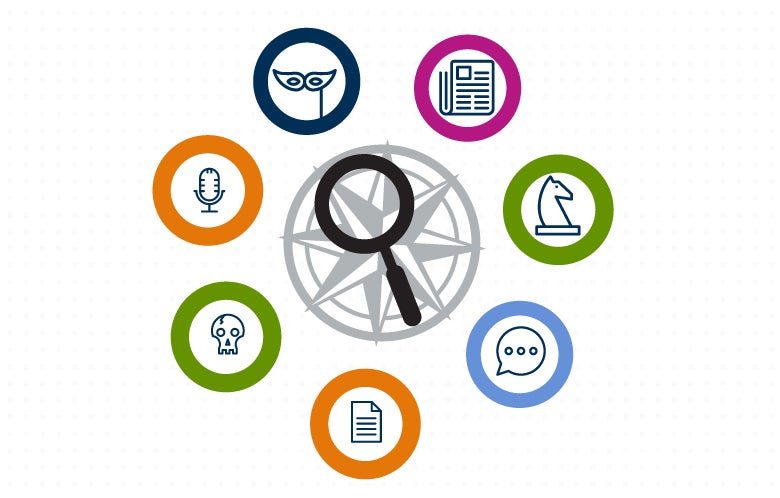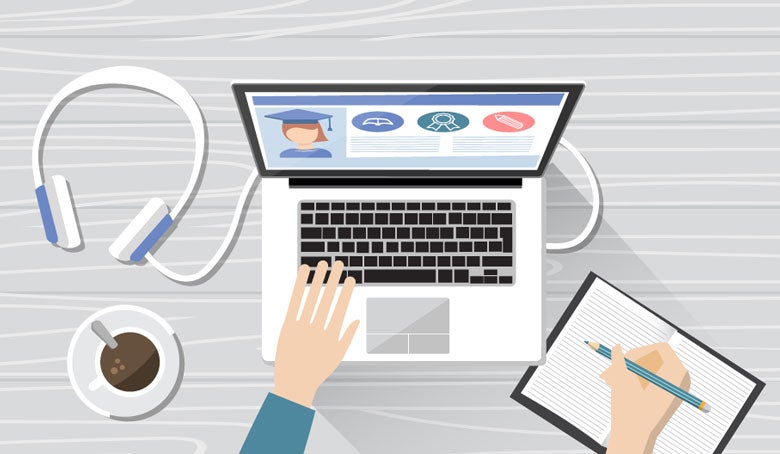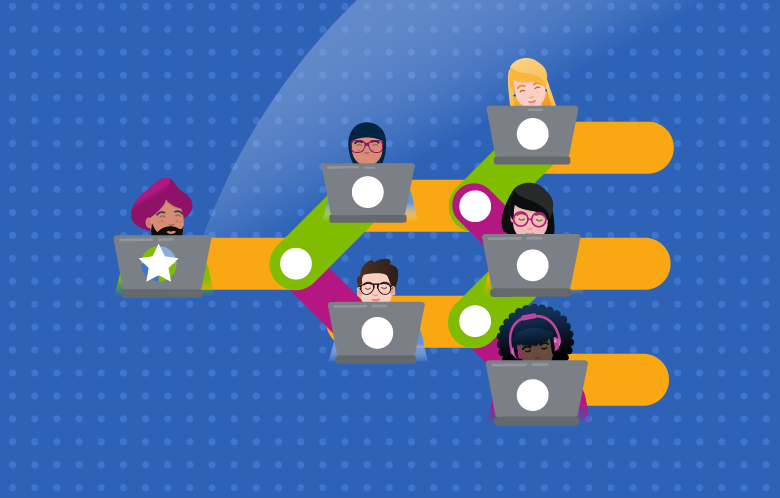The online program for the multilingual, U.S. themed annual convention for the Modern Language Association is live. The in-person and virtual convention begins January 6, 2022, at the Marriott Marquis Washington, DC, and the Walter E. Washington Convention Center. For those joining in person, visit EBSCO at booth #411a for a tour of the MLA International Bibliography with Full Text.
The Modern Language Association produces the MLA International Bibliography (MLAIB), MLA’s essential index covering seven primary humanities disciplines. The MLA International Bibliography with Full Text combines an extensive collection of full-text journals in the disciplines below, opening the possibilities for endless scholarly exploration.
Literature
Researchers will discover journals, books, book chapters and scholarly websites on a wide range of literary topics, encompassing literature of different regions, genres, ethnicities, and time periods plus literary criticism and theory.
Language
The MLAIB indexes publications in more than seventy languages. Searchers will find scholarly publications covering literacy, translation, language teaching, language learning standards, language arts and more.
Linguistics
The MLAIB has indexed linguistics scholarship since 1967, covering topics including semantics, quantitative linguistics, applied linguistics, corpus linguistics, psycholinguistics, sociolinguistics and cognitive linguistics.
Rhetoric
Researchers will find content related to rhetoric as a literary form and as a linguistic and stylistic feature, intercultural communication, non-literary forms of communication, and the history and philosophy of rhetoric.
Writing Studies
Students and faculty can explore topics such as the teaching of writing, writing for diverse audiences and purposes, and the many aspects of the writing process.
Folklore
The MLAIB supports folklore programs with a rich diversity of content covering storytelling, ethnology and folklore from different regions and time periods.
Film, Theater, Television and Other Dramatic Arts
Searchers will find scholarly works about cultural studies, playwrights, and film, theater, television and radio from many different perspectives.
Resources To Support Your Humanities Programs
To facilitate use of the bibliography as a research tool and an instructional resource, the MLA offers a free, self-grading, 90-minute online course, Understanding the MLA International Bibliography, that teaches students how to effectively use specialized databases for college-level research. An additional five subject area modules focus on conducting research in particular disciplines: literary research, folklore, linguistics, rhetoric and composition, and film, television, video, and other broadcast media. Students can earn badges in each of these five subject areas. Visit the course site to access the main course and subject area modules.
The Teaching Resources page on The MLA Style Center includes lesson plans, assignments, and an instructor’s guide to integrating the online course into class curricula. Request a free trial for your library and start exploring.



